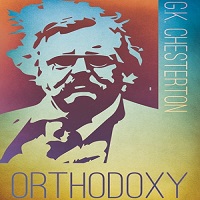Allegory of the Cave (Plato) audiobook
Plato’s Allegory of the Cave (Book 7 of The Republic), considered widely to be the foundation of Western Philosophy, is presented to compare “the effect of education and the lack of it on our nature”. Written as a dialogue between Plato’s brother Glaucon and his mentor Socrates, it addresses what is visible and invisible, seen and observed versus intuited and imagined, and what is public versus private and just versus unjust. It also concerns the meaning and importance of education, the state of the soul, the conflict between truth and beauty, animal urges versus higher aspirations, knowledge versus ignorance, and on and on. Socrates (c. 470–399 BC) was a Greek philosopher from Athens who is credited as a founder of Western philosophy. An enigmatic figure, Socrates authored no texts and is known mainly through the posthumous accounts of classical writers, particularly his students Plato and Xenophon. Plato (428/427 or 424/423 – 348/347 BC) was an Athenian philosopher during the Classical period in Ancient Greece, founder of the Platonist school of thought and the Academy, the first institution of higher learning in the Western world. Along with his mentor, Socrates, and his student, Aristotle, Plato helped to lay the foundations of Western philosophy and science. Plato is one of the most important Western philosophers, exerting influence on virtually every figure in philosophy after him. His dialogue The Republic is known as the first comprehensive work on political philosophy. Plato also contributed foundationally to ethics, metaphysics, and epistemology.





